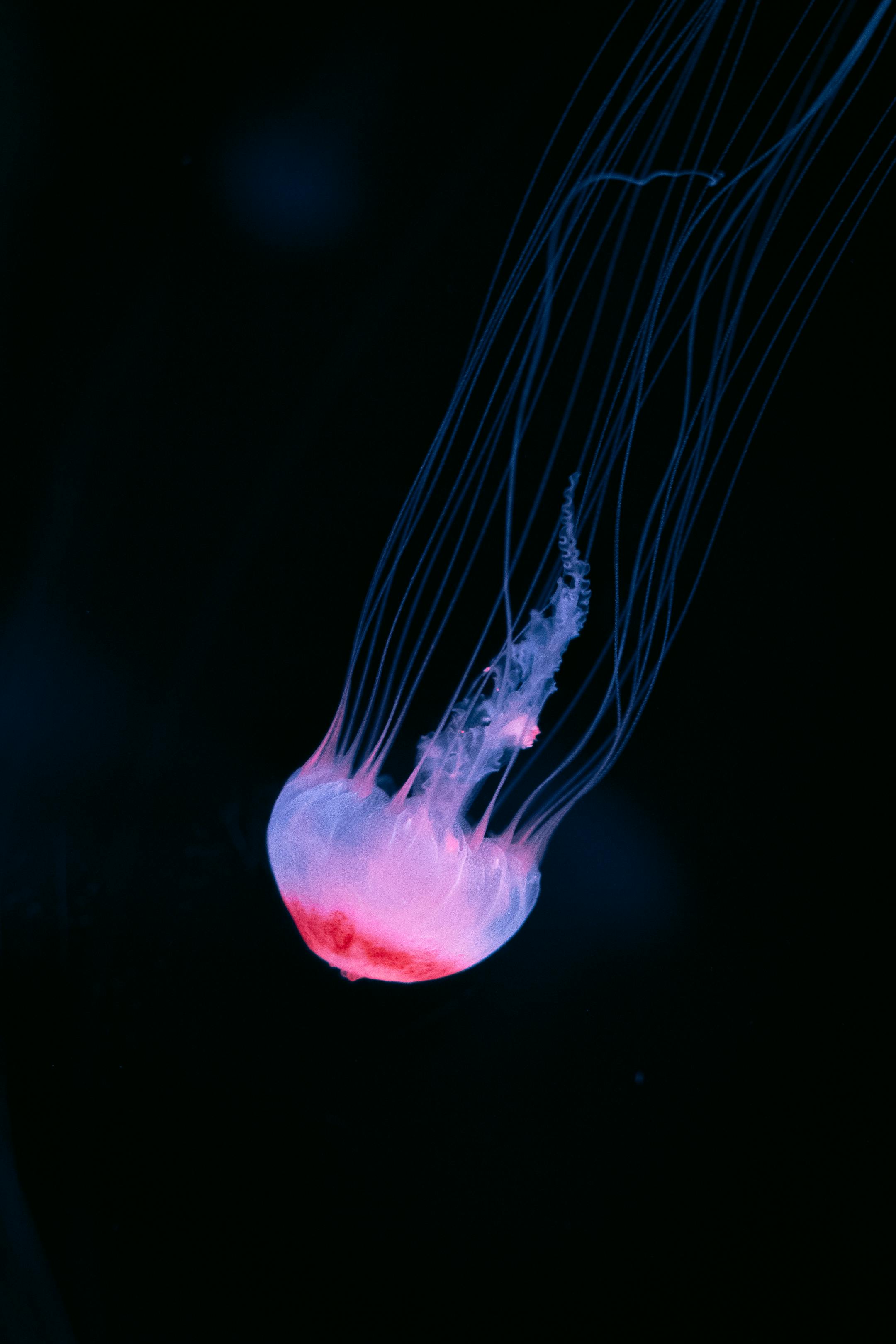How to Properly Care for a Marine Aquarium

How to Properly Care for a Marine Aquarium
Maintaining a marine aquarium is a fascinating hobby, but it comes with its fair share of challenges and responsibilities. Keeping a marine aquarium involves more than just feeding fish and changing water. It requires precise control over the environment to mimic the natural conditions of the ocean. In this blog post, we'll guide you through the essential steps to ensure your saltwater aquarium is healthy and thriving.
Understanding the Basics of a Marine Aquarium
Before you dive into the marine aquarium hobby, it is vital to understand the complexity involved. A marine or saltwater aquarium typically houses fish, corals, and other marine organisms that require specific water conditions to survive. These include appropriate salinity levels, pH, temperature, and biological filtration.
Setting Up Your Marine Aquarium
Setting up a marine aquarium correctly is crucial for the success of your aquatic environment. Start by choosing the right size and type of tank. Consider space, budget, and the type of marine life you want to keep. You will need a good filtration system to keep the water clean and a protein skimmer to remove organic compounds. Proper lighting is also essential, especially if you plan to keep corals, as many types depend on light for photosynthesis.
Water Quality and Maintenance
The quality of water in your aquarium impacts the health of your marine life significantly. Regular testing of water parameters such as salinity, pH, ammonia, nitrites, and nitrates is crucial. Employ a consistent maintenance schedule that includes partial water changes, typically 10-20% every two weeks, depending on tank size and stocking levels. This helps dilute toxins and replenish essential minerals.
Choosing and Caring for Marine Fish and Corals
Not every marine fish or coral will be suitable for your tank. Research before purchasing to ensure that each species you add will thrive in the conditions you can provide. Some fish have specific dietary needs or may not get along with other inhabitants. Similarly, different corals require various light levels and flow rates.
Feeding Your Marine Inhabitants
Marine creatures often have diverse and specific dietary needs. Offering a variety of foods like frozen mysis shrimp, plankton, chopped seafood, and prepared marine foods can ensure a well-balanced diet. Feed small amounts multiple times a day to avoid overfeeding and polluting the water.
Monitoring and Troubleshooting
Keep a close eye on your marine aquarium for any signs of distress such as disease or water quality issues. Quarantine new arrivals to prevent the spread of disease in your tank. Regularly check your equipment to ensure everything is running smoothly. Be prepared to act quickly if you notice a problem to prevent any major issues.
Conclusion
While maintaining a marine aquarium can initially seem daunting, understanding and proper preparation can make the process much easier. By maintaining excellent water quality, feeding properly, and observing your tank inhabitants regularly, you will enhance their lifespan and health, bringing constant joy and beauty to your home.